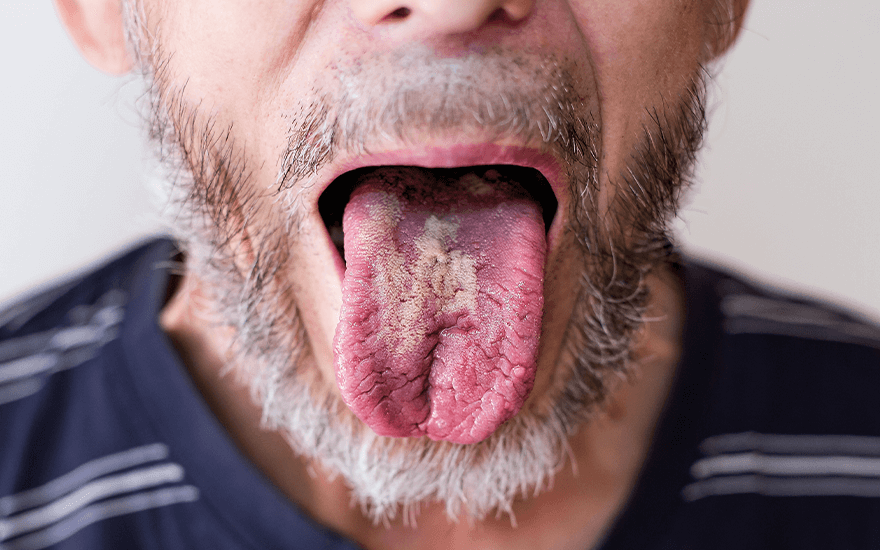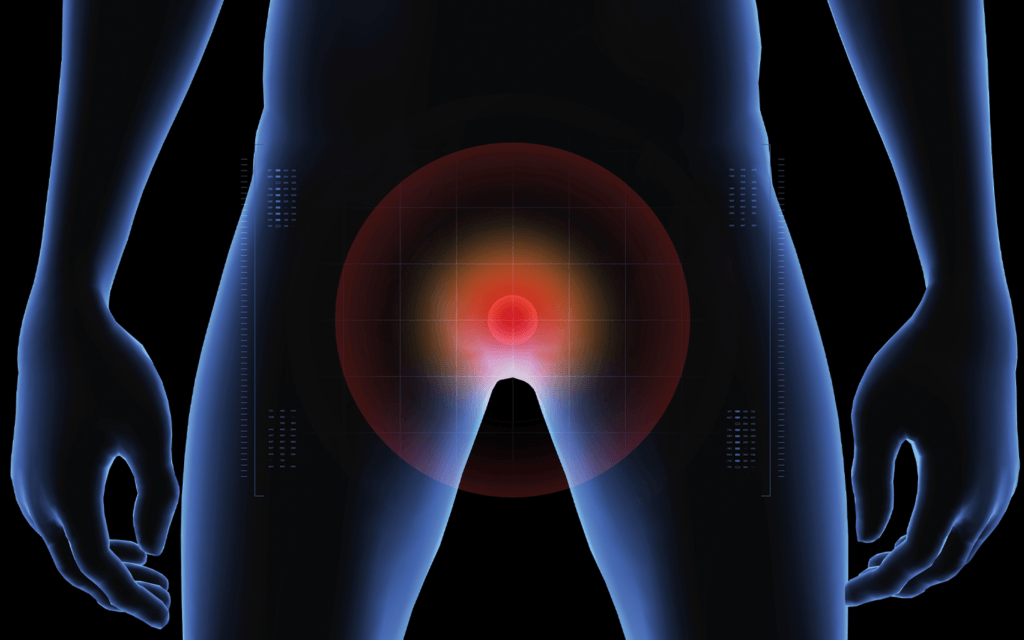The ins and outs of lesser-known sexual health hazards need some airtime. Briony House, LloydsPharmacy pharmacist shines a light on the unspoken topic of male thrush. Because men get yeast infections too. Unpicking the most common questions, from signs of oral thrush, how best to treat, to how to prevent thrush in the future, consider this your go-to guide for the formally taboo male thrush-related queries you’ve been itching to ask.
“There is a lot of information online about sexual health generally, but when it comes to male thrush- from signs of male thrush, how to treat and prevent, as well as signs of oral thrush, there is little discussed out in the open,” says pharmacist Briony House.
“Many will know that thrush is a common yeast infection, that tends to be associated with women. What might not be so widely known is that it can affect men too, both around the genital area and orally. Symptoms are similar, but might present in different ways, which is why it’s important that men know the signs in order to treat it swiftly and efficiently.”
How do I know if I have thrush?
Thrush infections can cause discharge and irritation to appear around the head of the penis. Although, there are some other key symptoms to look out for.
Common signs include:
- Redness around the penis
- Irritation around the penis
- White spots or a rash on the penis

How do I get thrush?
Thrush occurs due to a fungus called candida and is normally harmless. Warm, moist environments can cause thrush to grow, which develops if the balance of bacteria changes. Although not classed as a sexually transmitted infection (STI), the uncomfortable condition can be triggered by and passed on during sex.
A change in bacteria balance can be caused by:
- Irritated or damaged skin
- Taking antibiotics
- Poorly controlled diabetes
- Weakened immune system (for example, because of HIV or chemotherapy)
How is thrush treated?
Thrush can go away on its own, however, the infection can worsen and spread to other parts of the body. You can treat thrush with prescription tablets or cream prescribed by your doctor, or by buying over the counter remedies such as Canesten 1% Anti-fungal Cream or LloydsPharmacy Thrush Relief 150mg capsules, subject to eligibility and assessment from the pharmacist. Canesten contains clotrimazole, an anti-fungal that stops the growth of fungus that causes thrush, offering relief within two days.
How can I prevent thrush?
There are things that you can do to prevent you and your partner from developing thrush, such as:
- Regularly cleaning your penis
- Make sure you are drying yourself properly
- Avoid using perfumed soap on your genitals
- Consider wearing lose cotton underwear
- Using a condom during sex
What is oral thrush?

Oral thrush, also known oral candidiasis, is a yeast infection that occurs in the mouth. The fungal infection is caused by a group of yeast called Candida albicans, which many people have living in their mouth. They are usually harmless and do not cause any problems, however, when the body’s natural balance is disrupted, the yeast can multiply, and infection can occur.
How do I know if I have oral thrush?
The most obvious sign with people experiencing oral thrush is having difficulty eating and drinking due to the pain, however staying hydrated will help your body to recover quicker. Other oral thrush symptoms include:
- White patches known as plaques inside the mouth
- Redness or bleeding when plaques are wiped off
- Soreness or reddening inside the mouth and throat
- Bad breath
- An unpleasant taste in the mouth
- Loss of taste
- Cracks at the corners of your mouth
- Pain or burning sensation in the mouth
- Painful tongue or sore gums
How do I treat oral thrush?
Like genital thrush, if oral thrush is left untreated the symptoms can worsen and the infection can spread to other areas of the body. The treatment for oral thrush depends completely on the severity of the infection and what has caused it. If you have symptoms of oral thrush speak to your doctor or pharmacist for treatment and advice.






